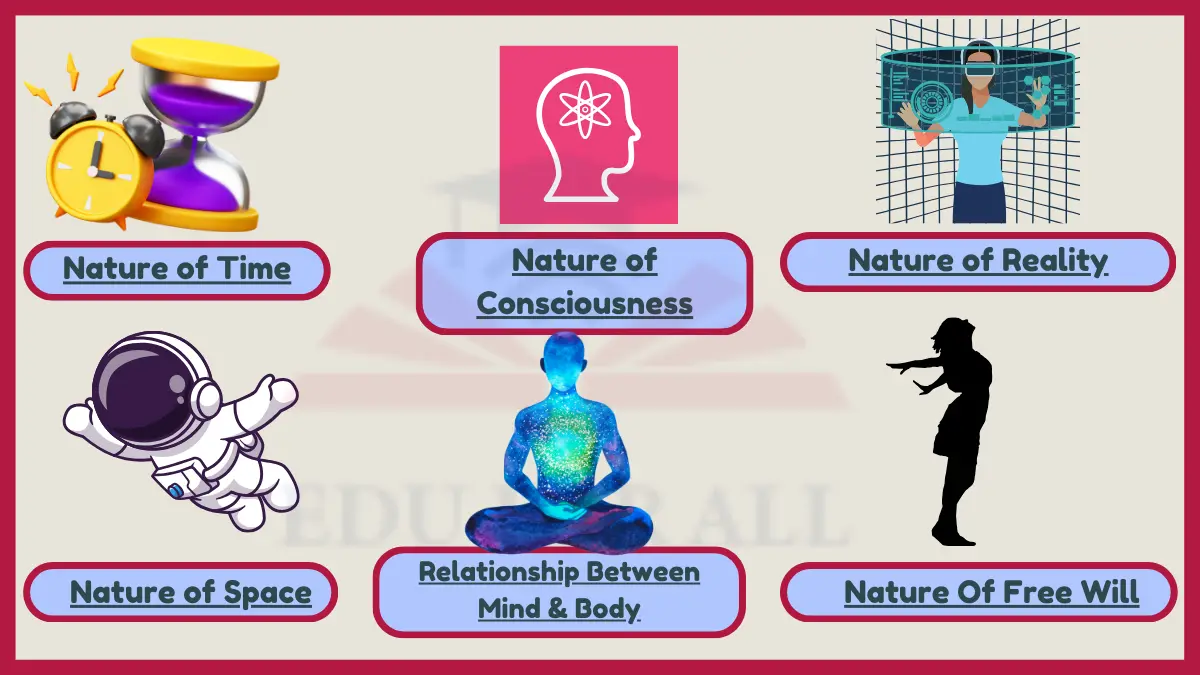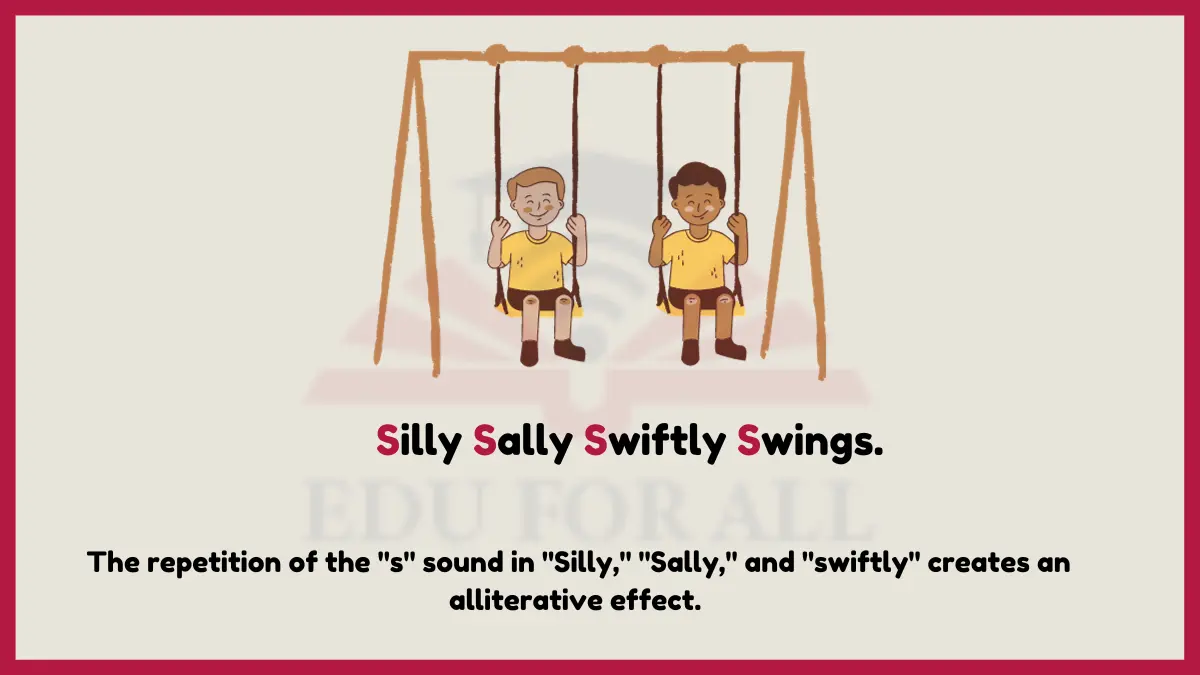Metaphysics is the branch of philosophy that studies the fundamental nature of reality. It asks questions about the nature of existence, time, space, consciousness, and free will. While metaphysics may seem abstract and removed from our everyday lives, it actually plays a role in many of our thoughts and actions.

Examples of Metaphysics in Daily Life
Here are 10 examples of metaphysics in daily life:
1. Nature of Time
We experience time as a linear progression from past to present to future. But is time truly linear? Or is it more complex and multifaceted? Metaphysics explores the nature of time, asking questions such as:
- Is time an illusion?
- Does time exist independently of our minds?
- Can we travel through time?
2. Nature of Space
We think of space as a three-dimensional realm in which objects exist. But is space truly three-dimensional? Or are there more dimensions that we cannot perceive? Metaphysics explores the nature of space, asking questions such as:
- Is space infinite?
- Is space curved?
- Are there multiple universes?
3. Nature of Reality
What does it mean to say that something is real? Is reality objective, or is it subjective? Metaphysics explores the nature of reality, asking questions such as:
- What is the difference between reality and illusion?
- Does reality exist independently of our minds?
- Are there multiple realities?
4. Nature of Consciousness
What is consciousness? What is the relationship between mind and body? Metaphysics explores the nature of consciousness, asking questions such as:
- Is consciousness an emergent property of the brain, or is it something more?
- Can machines be conscious?
- Is there life after death?
5. Nature Of Free Will
Do we have free will? Or are our actions determined by forces beyond our control? Metaphysics explores the nature of free will, asking questions such as:
- What is the relationship between free will and determinism?
- Are we responsible for our own actions?
- Can we change the future?
6. Nature of God
Does God exist? If so, what is God’s nature? Metaphysics explores the nature of God, asking questions such as:
- Is God all-powerful, all-knowing, and all-good?
- How can we reconcile the existence of God with the problem of evil?
- What is the relationship between God and humans?
7. Relationship Between Mind And Body
How does the mind interact with the body? Is the mind a separate entity from the body, or are they two sides of the same coin? Metaphysics explores the relationship between mind and body, asking questions such as:
- What is the mind-body problem?
- How can we explain physical phenomena, such as pain and pleasure, in terms of the mind?
- Is there such a thing as dualism or materialism?
8. Relationship between Universals and Particulars
What is the relationship between universals, such as “redness” and “humanity,” and particulars, such as individual red objects and individuals? Metaphysics explores the relationship between universals and particulars, asking questions such as:
- Are universals real, or are they just concepts in our minds?
- How do universals relate to particulars?
- Is there such a thing as Platonic Forms?
9. Relationship between Cause and Effect
What is the relationship between cause and effect? Is there a necessary connection between causes and their effects? Metaphysics explores the relationship between cause and effect, asking questions such as:
- What is the difference between a necessary cause and a sufficient cause?
- Can we explain all events in terms of causes and effects?
- Is there such a thing as free will in a deterministic universe?
10. Relationship between Knowledge and Belief
What is the relationship between knowledge and belief? Is all knowledge based on belief? Metaphysics explores the relationship between knowledge and belief, asking questions such as:
- What is the difference between knowledge and justified true belief?
- Can we have knowledge of things that we cannot experience directly?
- Is there such a thing as a priori knowledge?





